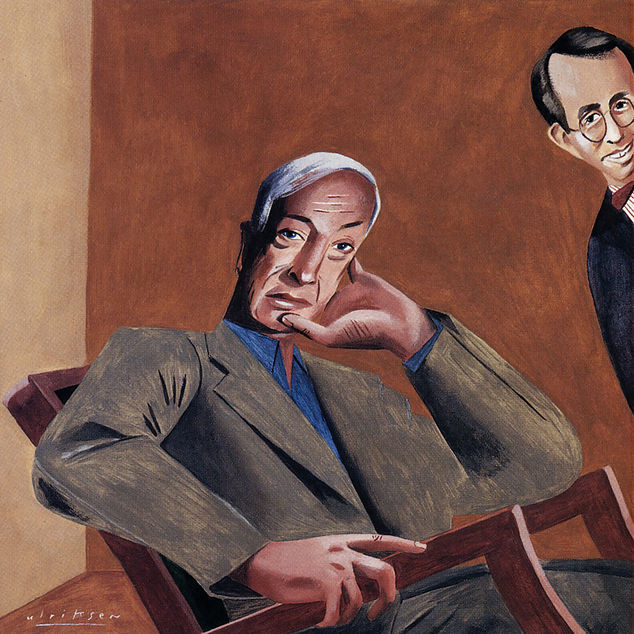In the Boston Review, renowned nonfiction author Vivian Gornick reviews The Shadow in the Garden: A Biographer’s Tale by James Atlas, who has written noted biographies of US writers like Delmore Schwartz and Saul Bellow. Gornick’s review highlights the central paradox of biography as an art form: a biographer must write with empathy in order to do their subject justice, but the more they learn about their subject, the harder it may be to maintain this empathy. Here’s an excerpt from the review:
James Atlas’s absorbing new memoir, The Shadow in the Garden, has started me wondering what causes the biographies I hold dear to live inside me in the same way as do the works of imagination that have enriched my inner life. The answer, I have concluded, lies with that singular mystery of the human makeup called sensibility; the thing that, when shared between a writer and a subject, more often than not produces work of literary value in any genre. Among those biographies I think so blessed are Walter Jackson Bate’s of Samuel Johnson, Judith Thurman’s of Isak Dinesen, Richard Holmes’s of Percy Bysshe Shelley, Blake Bailey’s of Richard Yates, and James Atlas’s of Delmore Schwartz.
Atlas began writing Delmore Schwartz: The Life of an American Poet (1977) at the age of twenty-four. He had recently spent a year pursuing graduate studies at Oxford, studying under Richard Ellmann, the acclaimed biographer of James Joyce and Oscar Wilde, and had returned home eager to try his own hand at the genre. He settled on Schwartz, whose reputation was then in eclipse. Who’s that, his friends asked, and the young Atlas, now ensconced in a bubble of feverish enthusiasm, set out to tell them.
Illustration of Saul Bellow and James Atlas via Wall Street Journal.
